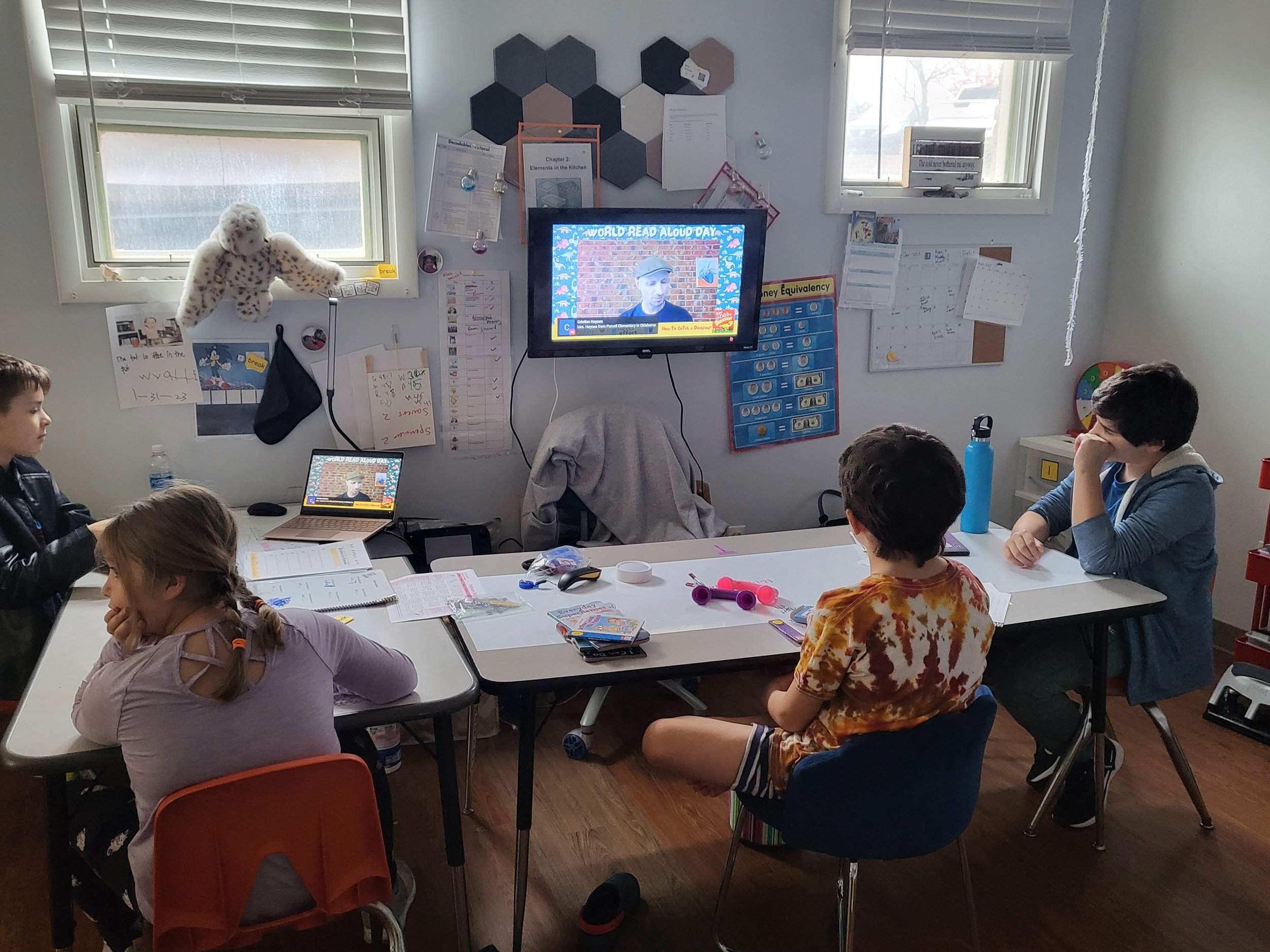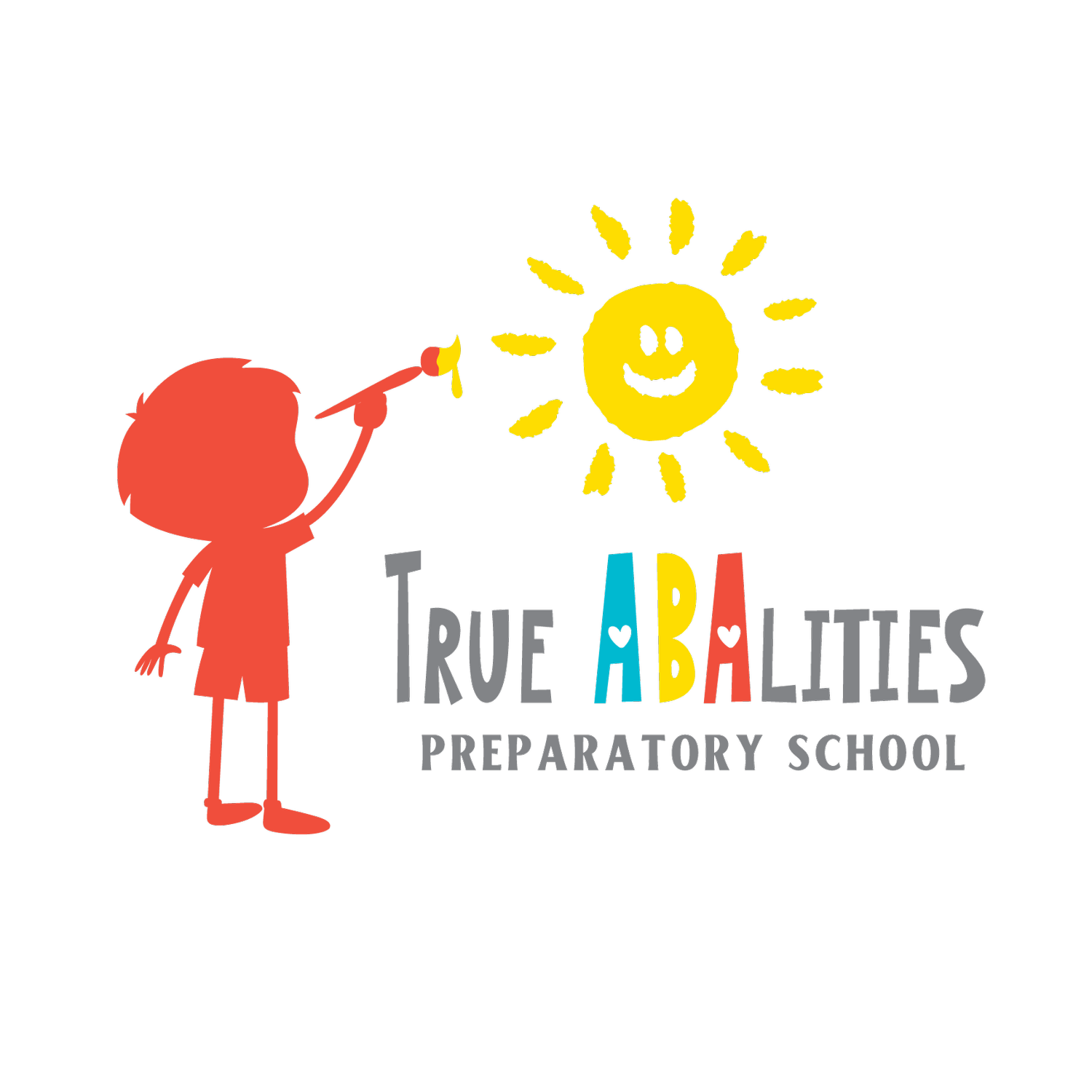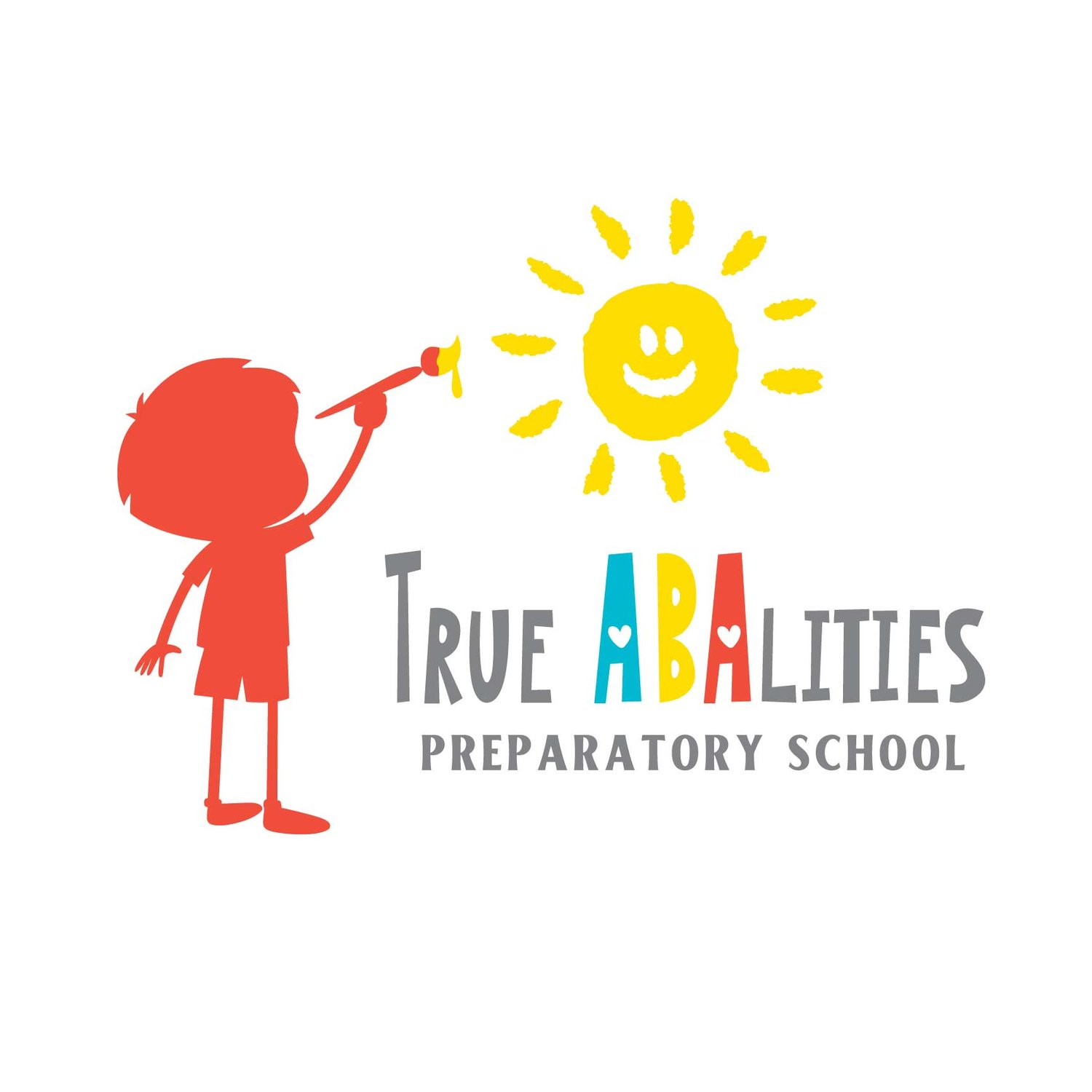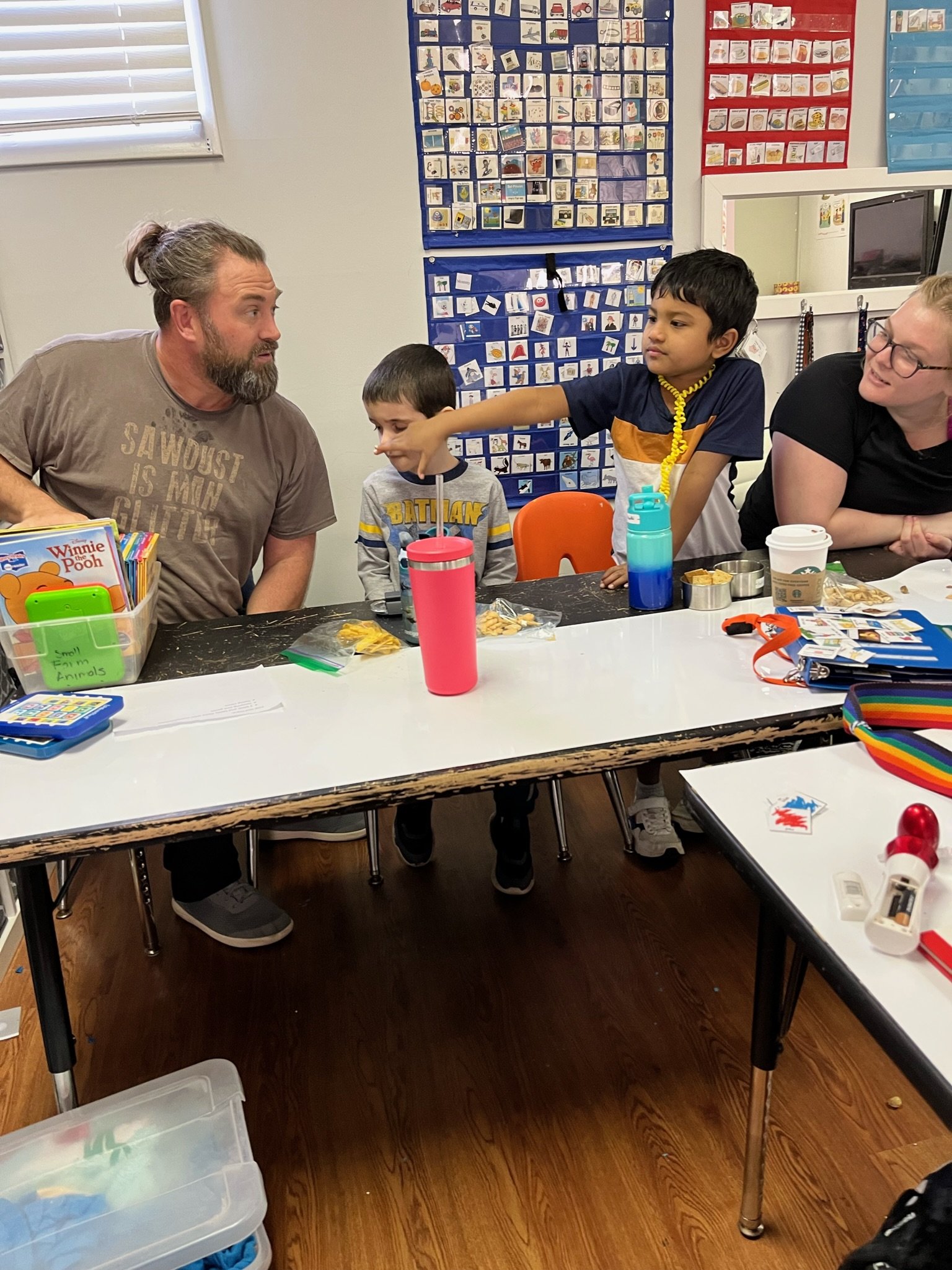
Communication Is THE MOST Necessary Foundational Skill FOR LEARNING IN ANY PROGRAM
TAPS believes communication is the key to all learning endeavors in life, and so we separate our classrooms based on the level of language and social skills a student currently possesses, as well as their age.
Communication is always a work in progress that requires continual effort. Being able to communicate needs and wants in a variety of settings and with a variety of people is an essential skill and a fundamental human right for every child. Without solid communication skills, it is unfair and often counterproductive to place teaching demands.
True ABAlities provides a classroom environment designed to build and strengthen these life-long essential skills. Because all communicators are different, the way we teach communication (i.e., sign, Picture Exchange Communication System [PECS], vocals, Speech Generating Device [SGD]) is carefully matched with each child’s unique learner profile.
Our language instruction is informed by Verbal Behavior theory (VB), which means we look at the purpose of using words and teach what will be most meaningful to your child first.
CURRENT PROGRAMS AT TAPS
We currently have 2 functional communication classrooms and 1 social emotional classroom.
To learn more about the programs and classrooms click on one of the images below.
Unsure which is the best program for your learner? We can help! Fill out this questionnaire and we’ll point you in the right direction.
QUALITY EDUCATION
Do you teach academics IN YOUR PROGRAMS?
A frequent question/concern from our prospective learners’ families is, “will our child be taught a regular academic education?” or “how much regular academics are you going to teach our child?”
Every classroom teaches “academics,” but they differ in the specifics based on the most functional knowledge for each learner based on their long-term goals. “Academics” in the traditional school-setting sense is not the lens through which TAPS approaches class placement and instructional content. Likewise, TAPS does not believe it is fair to create classrooms based on “college bound” or “vocational bound” because the reality is everyone is vocation bound on some level (it’s just a question of how many stops along the way to your vocation).
No matter what classroom a child is in, every child receives a learning planning that focuses on realistic long-term goals and puts the steps in place to prioritize happy, healthy, well-rounded individuals that can have the life they want in the big wide world.
Do LEARNERS receive a diploma if they graduate from your programS?
In the social emotional program, learners will receive a diploma that is the equivalent of a home school diploma.
IS THERE A HALF-DAY PROGRAM?
We do not currently offer any half day programs.
In certain circumstances we do offer a systematic titration of school hours to build a learner’s endurance up to a full6 hour day if this is new for them.
We anticipate opening a half day 2-4 year old program within the next two years and a half day classroom/half day work program for 18-22 year olds.
Do LEARNERS receive THE EDUCATION TO BE able to transfer out of your program back into a more typical setting?
Most of our learners and their families will find that this is their education home. We provide a unique setting that combines education with the science of behavior analysis, which means every teacher has the most effective tools in their toolbox to teach. We are a tight knit community, with small classes, bonded students within their classes, and high individualized and specialized approach to learning.
Most families have found their learners are their most effective and happiest selves remaining in our program. If families do want to transition to a different program, we asses the new environment, and work to build the specific skills needed to succeed in that environment so they are as ready as they can be for the change.







